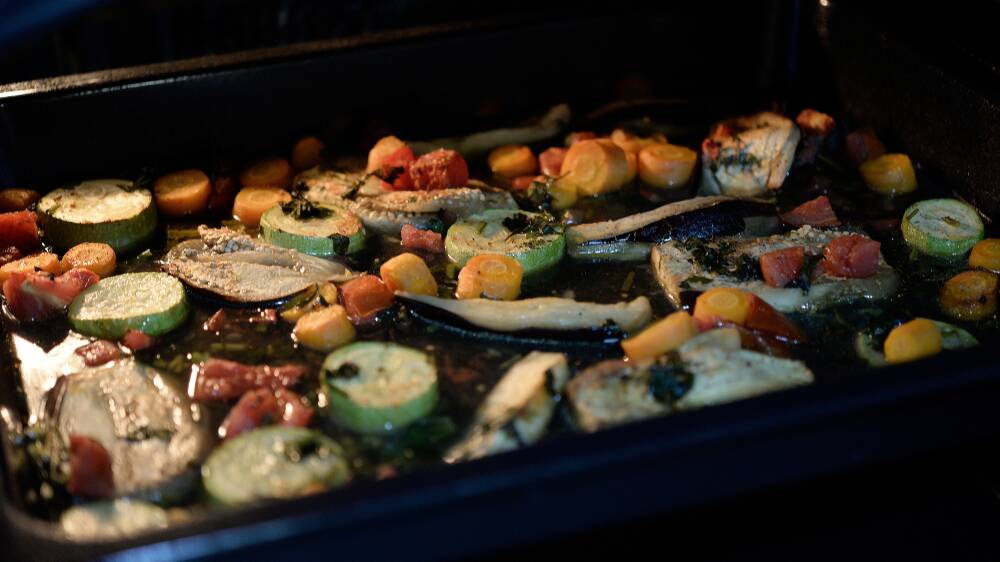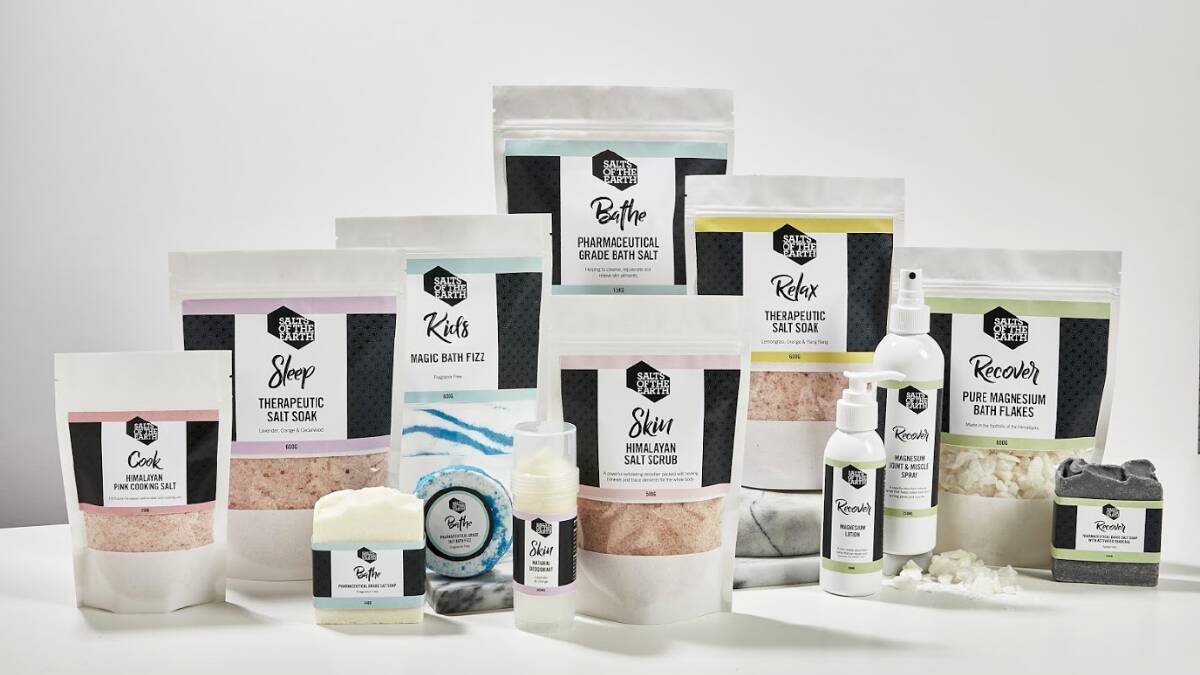Three ways to keep your wellbeing in check this winter

This article is sponsored by Salts of the Earth Sylvania
As the big chill of the winter months makes itself at home around the house and workplace, it can be easy to start feeling a little blah.
Whether it’s a case of the winter blues leaving you feeling lethargic, dejected and gloomy or the common cold virus creating avalanches of sneezing and coughing, winter can be a tough time for our wellbeing.
It’s a good opportunity to check in with those around you (a simple R U OK? can be a great way to open up the conversation) or to check in with yourself.
Here are a few easy natural ways that could help you perk up a little this chilly season. These methods are complementary methods to existing health plans and should not replace advice from your trained health professional.
Get your Vitamin D each day
Although exposure to the sun is associated with skin cancers, spending too much time out of it can lead to a vitamin D deficiency. Vitamin D can be found in both the food we eat (including fatty fish like salmon and tuna, and dairy products) but it is also created in our bodies through a process triggered by sunlight on skin.
Worldwide, an estimated 1 billion people have inadequate levels of vitamin D in their blood. And there’s growing evidence that a lack of vitamin D is linked to mental and physical health problems including cancer, osteoporosis, depression and even the flu.
According to Harvard University’s School of Health, healthy levels of vitamin D reduces the damaging inflammatory response of some white blood cells, while also boosting immune cells’ production of microbe-fighting proteins.
Further, researchers at Harvard found adults who have low vitamin D levels are more likely to report having had a recent cough, cold, or upper respiratory tract infection.
An easy way to combat low vitamin D is to simply walk outside; that is, spending around fifteen minutes in direct sunlight each day without sunscreen or a hat, ideally in the mid-morning or mid-afternoon to avoid that harsh Australian sun turning you pink. Just fifteen minutes is enough for us to get a healthy dose of the “sunshine vitamin” and can help keep our body and mind feeling like sunshine, too.
Try salt therapy

When used as a complementary therapy to existing medication, salt therapy may relieve congestion, inflammation and allergies of the airways and skin. This is particularly useful in the colder months when our skin, including the skin inside our noses, is dry and irritated from the chill.
Salt therapy is a completely natural therapy which involves a specialised halogenerator grinding pharmaceutical grade salt into tiny breathable particles and dispersing these micro particles into a salt room.
Kasia B, owner of Salts of the Earth Sylvania, says when dry salt is inhaled deep into the lungs, it lines the walls of the airways to help loosen congestion.
“The dry salt can then help cleanse the sinuses from any mucus or congestion, making it easier for the cilia to move the matter towards the nose for easy expulsion,” she says.
Struggling to get off to sleep and feeling lousy the next day? Those who struggle to have a restful sleep at night can suffer a myriad of health issues including feelings of anxiety, depression, or irritation and susceptibility to illness and disease.
Kasia says salt has a relaxing effect that can help stimulate sleep due in part to the way salt opens the airways and nasal passages, allowing for increased oxygen intake. A clean respiratory system allows for easier breathing and a more relaxed sleep. Additionally, alleviating congestion from the sinuses may also help reduce mild snoring.
Up your anti-inflammatory food intake

What could be better than a hot brothy chicken soup in winter to warm you up and relax you during your lunch break? Fortunately, many chicken soup recipes are also full of anti-inflammatory goodies like garlic, ginger and chicken stock.
Chronic inflammation has been linked to diseases like depression, Alzheimer’s and arthritis, but one of the most powerful tools to combat inflammation actually comes from the grocery store.
"Many experimental studies have shown that components of foods or beverages may have anti-inflammatory effects," says Dr. Frank Hu, professor of nutrition and epidemiology in the Department of Nutrition at the Harvard School of Public Health.
According to Dr. Hu, anti-inflammatory foods include olive oil, spinach, kale, almonds, walnuts, tuna, sardines, tomatoes, strawberries, blueberries, cherries and oranges.
And continue to enjoy your steaming hot lattes all winter long – coffee, which contains polyphenols and other anti-inflammatory compounds, may protect against inflammation as well.
Feeling like talking to someone after reading this story? Contact Beyond Blue on 1300 22 4636 or Lifeline 13 11 44.
This article is sponsored by Salts of the Earth Sylvania


